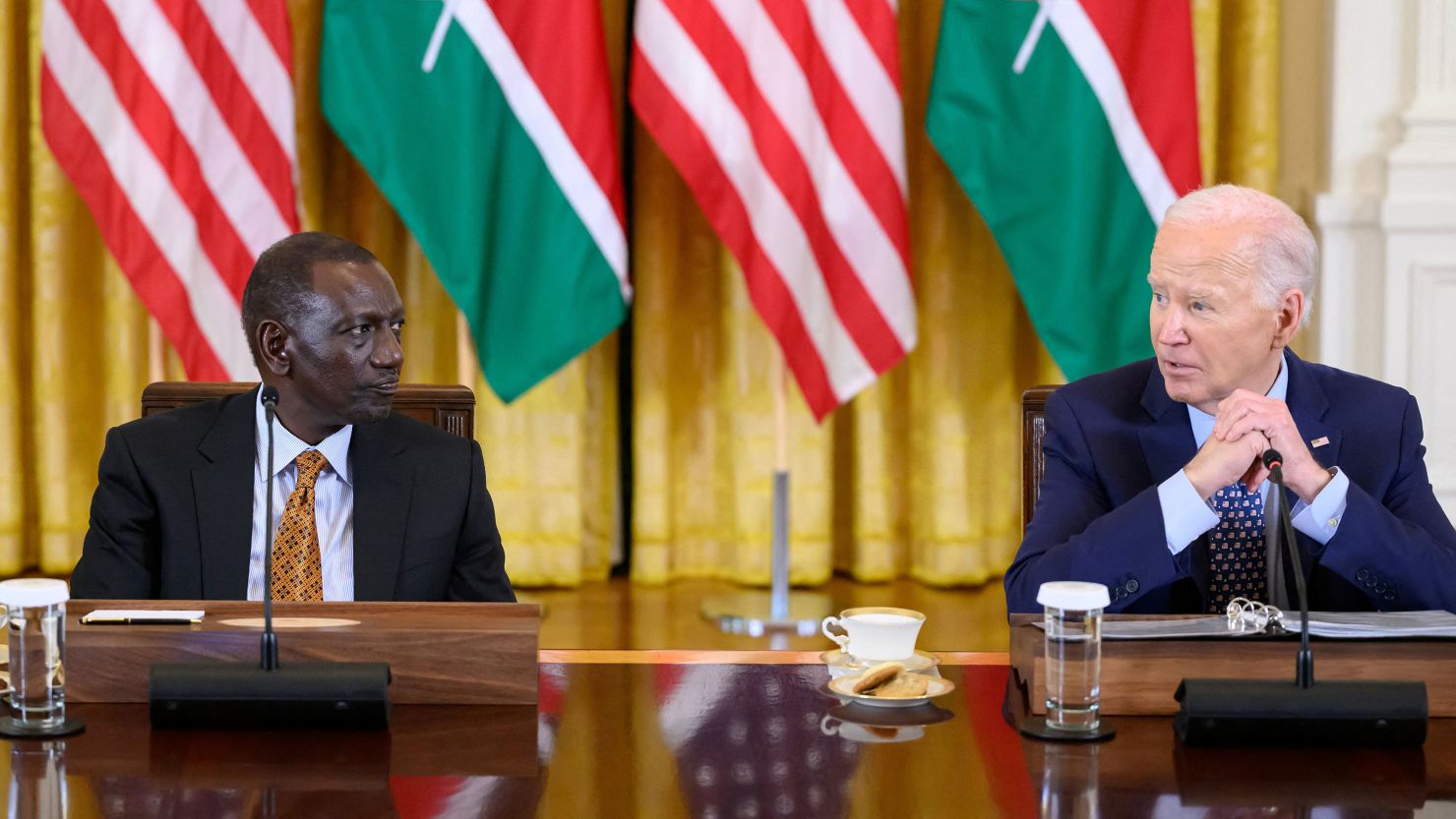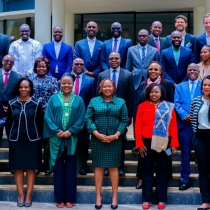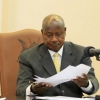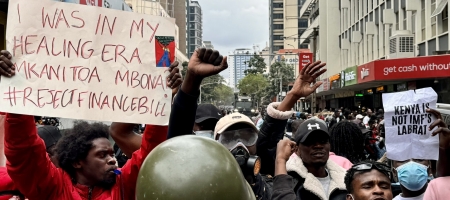
Controversy Surrounds America’s Move to Grant Kenya Non-Nato Ally Status
The move by U.S. President Joe Biden to grant Kenya non-NATO ally status has attracted criticism from observers who believe it contradicts the African Union's long-held stance against the militarization of the continent.
Militarization occurs when conflicts within or between states are resolved through military means rather than political ones.
This phenomenon, often a remnant of colonial rule, has been embedded in African politics since the countries gained independence. Additionally, African nations have long opposed the establishment of U.S. military bases on the continent.
Reports now indicate that President Biden is expected to designate Kenya as a major non-NATO ally during a three-day state visit by Kenyan President William Ruto.
This would make Kenya the first Sub-Saharan nation to receive the designation, allowing it to receive more sophisticated weaponry from the United States and engage in closer security cooperation.
Major non-NATO ally is a designation given by the United States government to countries with strategic working relationships with the U.S. Armed Forces while not being members of the North Atlantic Treaty Organization (NATO).
If the development continues, Kenya will become the 19th country to be named a major non-NATO ally, following Qatar, which acquired the status in March 2022.
Egypt, Morocco, and Tunisia are three other African countries with this status.
The existing African Union (AU) policy frameworks, like the Lomé Declaration of July 2000 on unconstitutional changes of government and the 2007 African Charter on Democracy, Elections and Governance, call for the establishment of peace and security, the abolition of unconstitutional changes of government, and the strengthening of democracy.
Due to continued resistance, failed missions, and loss of influence on its bases in countries like Niger and Chad, the US has announced that it will withdraw its military personnel from Niger in September.
France has also faced major resistance in Burkina Faso, Mali, and Niger.
Relatedly, the United States Africa Command, despite its huge budget, has failed to find a home in Africa because African countries rejected it.
Headquartered at Kelley Barracks in Stuttgart, Germany, it is responsible for U.S. military operations, including engaging in regional conflicts and maintaining military relations with 53 African nations.
U.S. President Biden has also announced plans to visit Africa in February 2025 if he wins the forthcoming presidential election.
Links
- 127 views












































Join the conversation